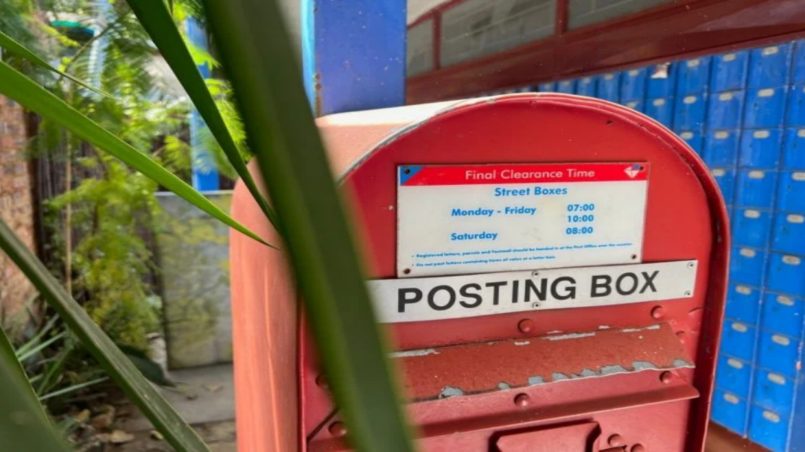The South African Post Office (Sapo) is in provisional liquidation, even though the state-owned entity’s former CEO, Mark Barnes, says it has been bankrupt for 18 months already.
Sapo owes billions of rands to its creditors, and Business Day reports the Pretoria High Court placed it under provisional liquidation following a successful court application by a creditor owed money for rent.
During an interview with 702, Barnes explained that he had submitted a proposal to the Post Office and government that outlined a viable means of “fixing” the entity’s financial situation.
“It was a self-solving proposal. I essentially said: get some independent body like the auditor general to determine what the net asset value is of the group. Let us then determine what the present value of the forecast losses are, and I’ll pay you the net of those two numbers,” Barnes said.
“Goverment is going to have between 25% and 40%. The consortium would have control somewhere between 60% and 75%.”
He said the consortium is an international and leading logistics player that he could not name.
Barnes said he didn’t receive any feedback on his proposal.
“Well, I’m sure her response might still be in the mail,” Barnes said in response to a question regarding whether or not he had heard back from Sapo stakeholders.
He said the offer was worth R2.4 billion at the time and that government would no longer have to fund future losses while retaining 25% to 40% of the organisation.

“You would have 15,000–16,000 people still employed. We’d have an operating functional bank,” Barnes added.
According to the former CEO, the Post Office has been technically bankrupt for the past 18 months.
“I’ve looked at the public numbers, and I’ve compared the balance sheet that I signed in 2019 to those submitted to the portfolio committee in 2022, and that told the story of absolute bankruptcy then,” he said.
He explained that when he left the Post Office in August 2019, it was the only state-owned enterprise other than the South African Reserve Bank that had no Treasury guarantees or outstanding liabilities with National Treasury.
“We didn’t require any funding in the budget of that year,” Barnes added.
He said that before his departure in 2019, the Post Office was putting money into Post Bank to grow its technologies and capacity.
“[Profitability] of [Post Bank] started becoming obvious in the bank, which was then a division of the Post Office. So, we were putting money into the bank,” he said.
“It’s at that point in time when the government (the shareholder) said, ‘we’ll have the bank’.”
Post Office in provisional liquidation
According to the Business Day report, the Pretoria High Court appointed two provisional liquidators — Anton Shaban and Hlamalane Jerry Musi.
“Provisional liquidators are, in essence, court-appointed caretakers,” Business Live quoted Shaban as saying.
“Our job is to ascertain, maintain and protect the assets of the provisionally liquidated entity, in this instance, the Post Office, until the appointments of liquidators are made final.”
Shaban said the provisional liquidation application was made by property company Bay City Trading 475 for unpaid rent.
The Post Office has had to close numerous branches nationwide due to its inability to pay rent or utilities.
The case will return to the High Court on 1 June 2023, and if no one approaches the court by then, the liquidation will be made final.
However, the Post Office told Business Day it had faced similar challenges for some time and has no reason to believe this liquidation application would be different.
This suggests the state-owned enterprise intends to oppose the final liquidation.
Regarding the Post Office’s most recent financial results, it owed over R4.4 billion to creditors, with its debt exceeding its assets by R4 billion.
However, it should be noted that Sapo was assigned a R2.4 billion bailout from the National Treasury in the budget that was announced in February.
This was after it had asked for R3.4 billion in funding assistance.
Get South Africa’s latest entrepreneurial or business success stories delivered right to your inbox — Sign up to Entrepreneur Hub SA’s newsletter today

eBook: 50 South African Entrepreneurs Reveal HOW THEY MADE IT




